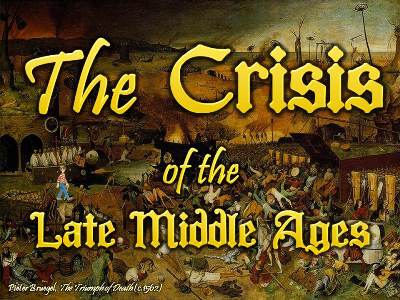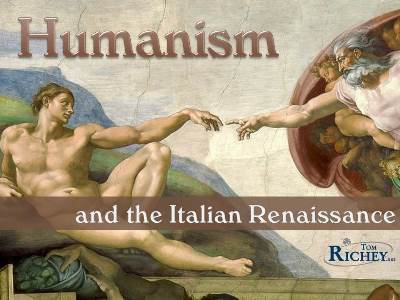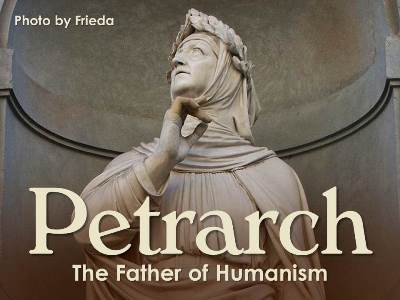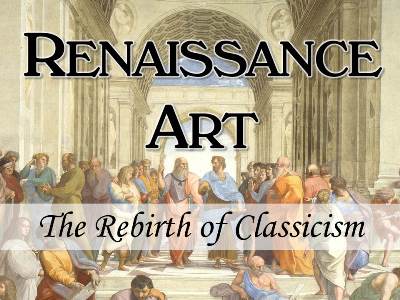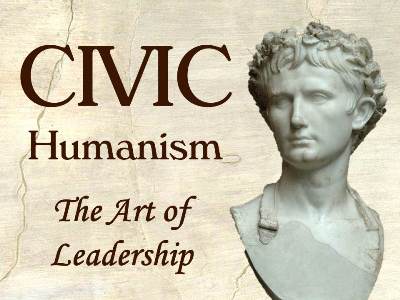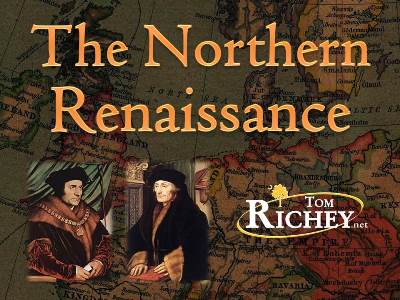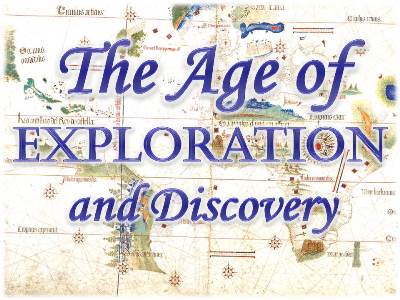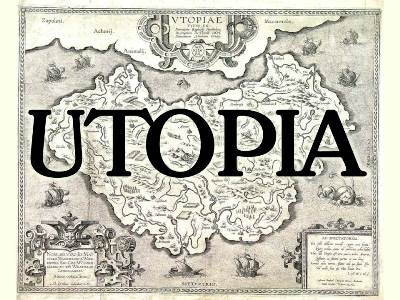In our first unit, AP Euro students will learn about the Crisis of the Late Middle Ages, the Italian Renaissance, the Northern Renaissance, and the Age of Exploration.
Unit Guide and Primary Sources |
YouTube Playlist |
1.0 - Introduction / Medieval Europe |
DUE 8/26/15 |
|
TEXTBOOK READINGS:
Kagan, Introduction OR Wood, 16-23 The AP European History course starts at 1450, when Europe is in the midst of the Renaissance, or rebirth. It was during the Renaissance that historians first began dividing history into three parts (ancient, medieval, and modern), with modern history beginning in their time. Historians still use this tripartite division of history that was first used by Leonardo Bruni. As we begin our study of modern Europe, it's important to understand where modern Europe began. In comparison to Europe today, Renaissance Europe was in many ways as medieval as it was modern!
|
Graphic OrganizerIn class, we'll compare Europe in 1450, 1815, and today.
|
1.1 - The Crisis of the Late Middle Ages |
PowerPoint Presentation |
|
The Middle Ages did not end well. In the fourteenth century, Europeans grappled with the Plague, grain shortages, and the Hundred Years' War. Many in Europe thought they were living through the Apocalypse.
TEXTBOOK READINGS:
Kagan, 257-279 OR Wood, 24-39
|
1.2 - Humanism and the Italian Renaissance |
DUE 9/4/18 |
|
Renaissance humanism, with its focus on the study of classical literature, formed the foundation of Renaissance literature, philosophy, and art. Students will become familiar with humanism and some of the key works produced by Italian humanists, starting with Pico della Mirandola's Oration on the Dignity of Man and Lorenzo Valla's philological analysis of the Donation of Constantine.
TEXTBOOK READINGS:
Kagan, 283-291 OR Wood, 42-53
|
PowerPoint Presentation |
1.3 - Petrarch: The Father of Humanism |
DUE 9/6/18 |
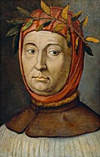
Petrarch's discovery of several long-forgotten classical texts gave rise to the culture of the Renaissance and he is known to us today as the "Father of Humanism." Understanding Petrarch is key to understanding the Renaissance. An accomplished man of letters, Petrarch earned the title of poet laureate for writing Africa, an epic poem about the great Roman general, Scipio Africanus. He was also instrumental in developing the idea, popular during the Renaissance, that the Middle Ages were a "Dark Age" in comparison to the glory of ancient Greece and Rome, which represented the pinnacle of human civilization and achievement in the eyes of Renaissance humanists.
|
Many of Petrarch's poems and letters remain with us today. Examine these primary sources to see the passions that animated Petrarch.
|
Petrarch made extensive contributions to the humanist philosophy that emerged in Renaissance Italy. His Secret Book was written in the classical style as a dialogue between himself and St. Augustine.
These excerpts from Petrarch's Secret Book illuminate Petrarch's humanist thinking. The reader should see some parallels with Pico's Oration.
|
Assignments
|
1.4 - Renaissance Art |
DUE 9/7/18 |
|
The humanist tradition affected not only philosophy and literature during the Renaissance, but also art. Renaissance art, with its emphasis on classical figures, vivid colors, and realism, was a departure from medieval art, which focused almost exclusively on religious themes without three dimensional perspective.
TEXTBOOK READINGS:
Kagan, 291-295 OR Wood, 54-58
|
PowerPoint Presentation |
1.5 - Civic Humanism |
DUE 9/8/18 |
|
Civic humanists believed that the study of the classics were the best way to prepare men for public service, whether as a prince or in the court of a prince. Machiavelli and Castiglione are the most well-known civic humanists of the Renaissance.
Primary Source Document(s) |
TEXTBOOK READINGS:
Kagan, 291 (Civic Humanism), 298-299 (Machiavelli) Secondary Source Reading Nauert, Humanism and the Culture of Renaissance Europe, 8-13
|
1.6 - The Northern Renaissance and New Monarchs |
DUE 9/11/18 |
Primary Source Document(s)Click on the document icon above to download the document set (Erasmus and Henry VII) for this lesson.
|
|
1.7 - Age of Exploration and Discovery |
DUE 9/12/18 |
Primary Source Document(s)Click on the document icon above to download the document set (Columbus) for this lesson.
|
TEXTBOOK READINGS: Kagan, 305-313 OR Wood, 114-124
|
1.8 - Thomas More's Utopia |
DUE 9/13/18 |
Primary Source Document(s)Click on the document icon above to download the document set (Thomas More's Utopia) for this lesson.
|



